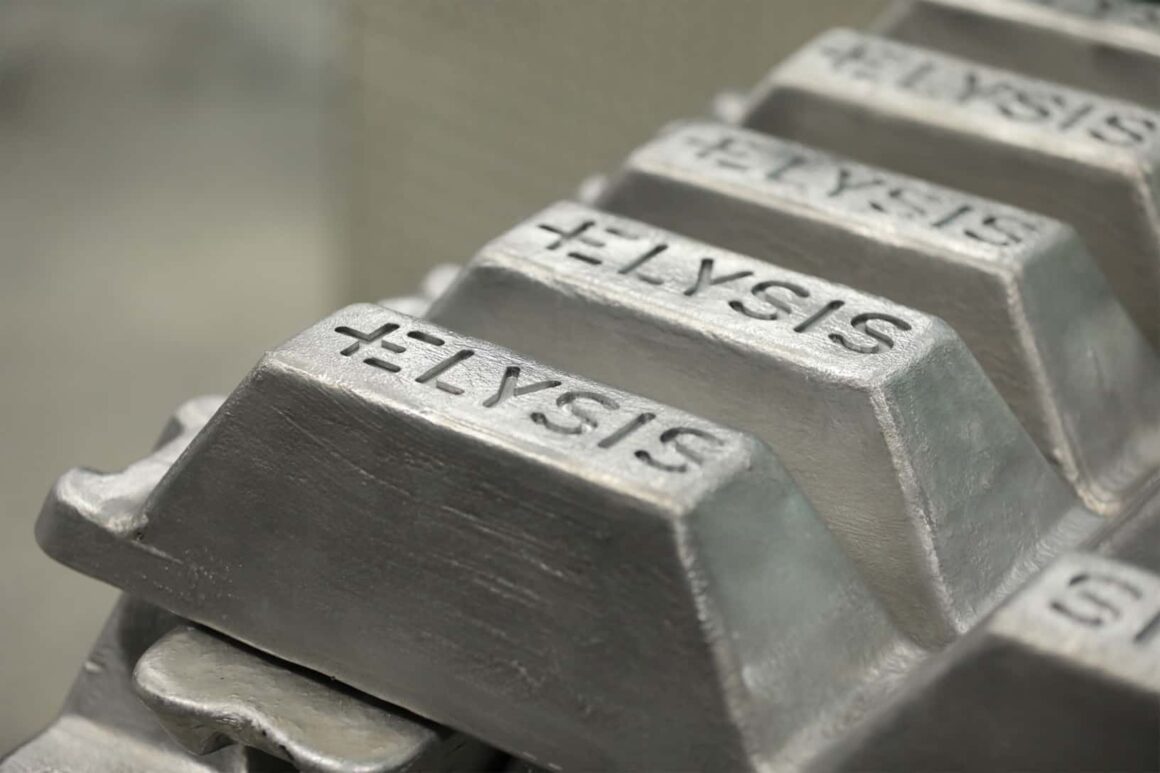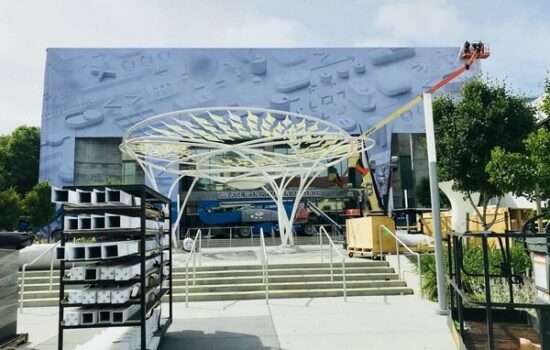Apple today announced on Apple Newsroom that it has helped facilitate a collaboration between two of the world’s largest aluminum producers, Alcoa and Rio Tinto, on a new carbon-free aluminum smelting process.
As part of Apple’s commitment to reducing the environmental impact of its products through innovation, the company helped accelerate the development of this technology. And Apple has partnered with both aluminum companies, and the Governments of Canada and Quebec, to collectively invest a combined $144 million to future research and development.
“Apple is committed to advancing technologies that are good for the planet and help protect it for generations to come,” said Tim Cook, Apple’s CEO. “We are proud to be part of this ambitious new project, and look forward to one day being able to use aluminum produced without direct greenhouse gas emissions in the manufacturing of our products.”
– Apple
Today’s announcement in Saguenay, Quebec, which was attended by Canadian Prime Minister Justin Trudeau, Quebec Premier Philippe Couillard and Apple Senior Director Sarah Chandler, involved research and development that has spanned decades. Apple’s involvement started in 2015, when three of its engineers went in search of a cleaner, better way of mass producing aluminum.
“Apple is committed to advancing technologies that are good for the planet and help protect it for generations to come.”
– Tim Cook
If fully developed and implemented, this new method has the potential to eliminate direct greenhouse gas emissions from the smelting process around the world, strengthening the closely integrated Canada-United States aluminum and manufacturing industries
Today’s news follows Apple’s announcement last month that all of its facilities are now powered with 100 percent clean energy and 23 of its suppliers have committed to do the same. Additionally, as part of the company’s goal to eventually make all of its products from recycled or renewable materials, it debuted Daisy, a robot that can more efficiently disassemble iPhones to recover valuable parts for future high tech recycling.







